<div class"text-justify">
When the last school term starts, after the Easter holidays, parents start looking for activities for summer vacations, especially for those weeks when the kids have already vacations and we ... we still have to work.
All parents want to find the best camp for our children and for that we must take into account how our children are and what the camp is like. In addition, for the camp to be a success and fulfill its educational and playful function, there are a number of things that must be taken into account in our search.
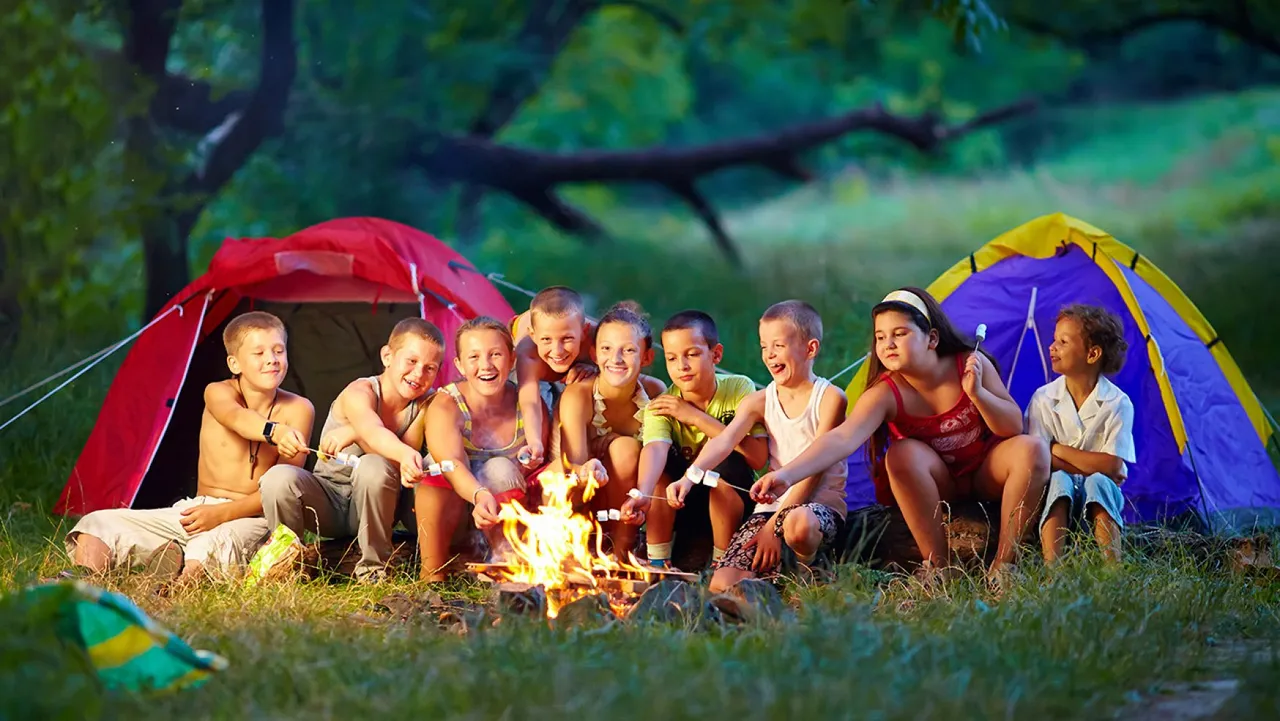
Aspects to consider in a summer camp
In this post we remind you of 7 things to keep in mind when looking for a camp for your children, based on our years of experience sending our children to summer camps:

1. Facilities.
This is a fundamental point. Find the web page of each camp you are considering and look closely at the photos and the description of their facilities, both the outdoor areas (sports areas, meeting areas, natural environment, etc.) and the interior (dining room, bedrooms, classrooms for give class or hold workshops). Make sure there are no dangerous areas in the vicinity (a road, a river or lake ...) or that access to them is controlled or limited. The latter is essential if there are small children. There are camps that use the sports facilities of a nearby town (the soccer field, the pool ...); in that case, find out how they move the children there (one of the camps that we took our children a couple of years ago took them in an indica row along a road without a shoulder and we knew it a posteriori).
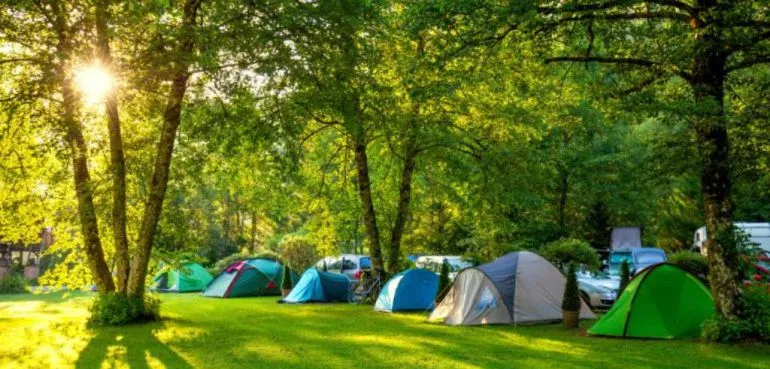

2. Monitors.
In order for the camp to work well, the number and training and professional qualifications of the monitors are important. At least there should be one for every ten children and that they have specific courses for educators and / or free time instructors. There are camps that employ young people without any experience to pay them little money and that the camp becomes a more profitable business. If the camp you have chosen is for languages, make sure that all or most of the monitors are native speakers of that language; otherwise, it will be difficult for your children to take advantage of the time and improve their level in that language.
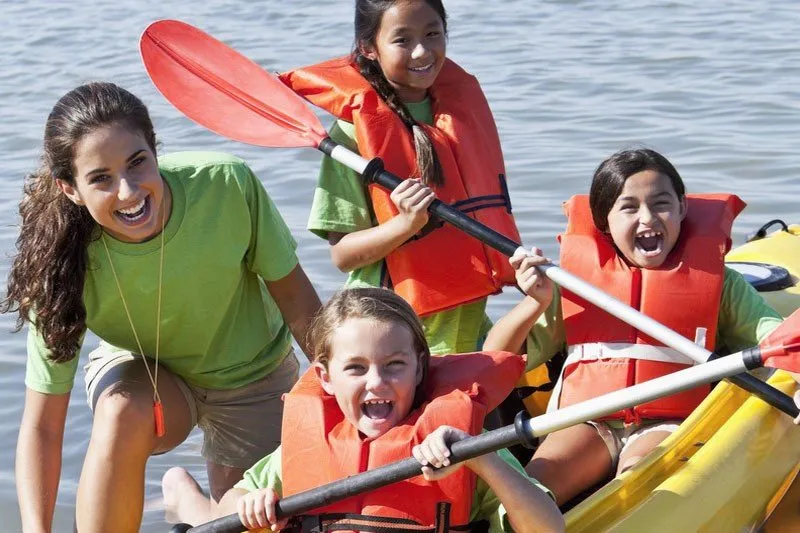

3. Other boys and girls.
Children of all ages go to the camps, but it is important that the age groups are balanced and that the children have close ages. If the differences are very large, the dynamics among the kids may go wrong and some of them may be isolated. There are also almost family camps and others that border on overcrowding. Surely the only way you will know is to ask the organizers, but once the camp has started, ask your son if everything is going well.
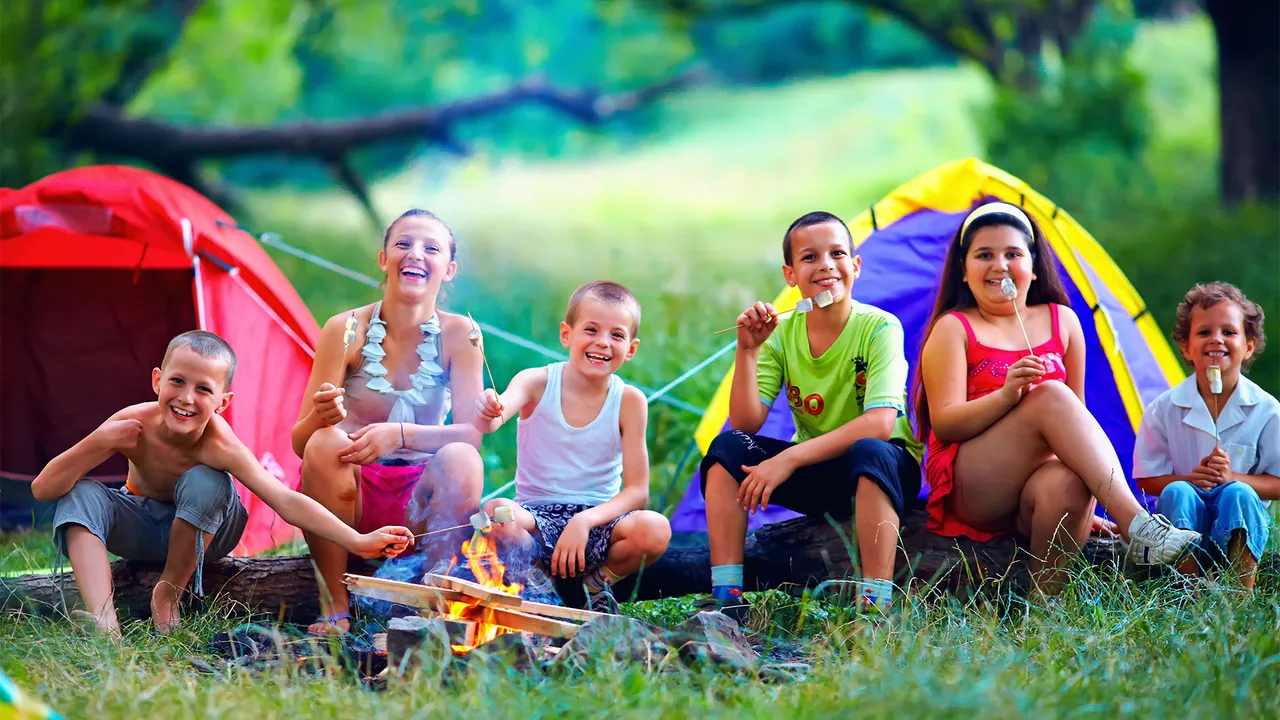

4. Food.
Children of age to go to camps are in full growth and need adequate food. Find out how many meals they have per day and make sure that, in addition to the three main meals, they have a mid-morning snack and an afternoon snack. If your child does not support or can not eat certain foods, it informs previously - better in writing - the camp organizers. Check also that they have experience with allergic children and, if yours is, something more and more frequent, they should be able to adapt the menus -in quantity and variety- to that type of cases.
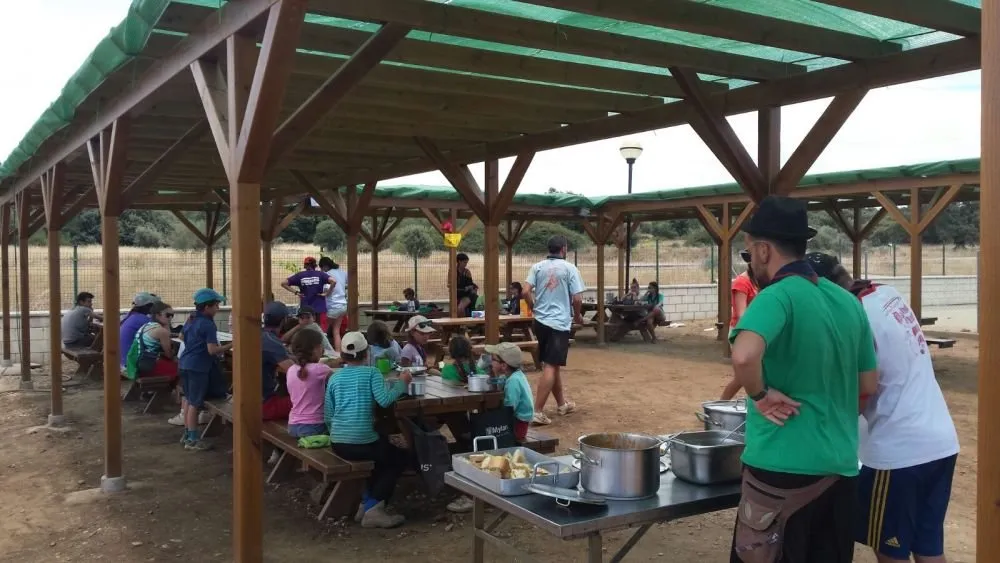

5. Medical emergency.
The camps are organized so that everything goes well, but children are children and accidents sometimes occur (a fall, the bite of an insect, an unexpected fever ...). Call the camp you are considering and ask directly how they can resolve a medical emergency. Make sure that, in case something happens, the child can receive the necessary medical attention (there is a town with a doctor nearby, in the camp there is a first aid kit with a doctor, they have vehicles to move if needed to the population with health care closest…).
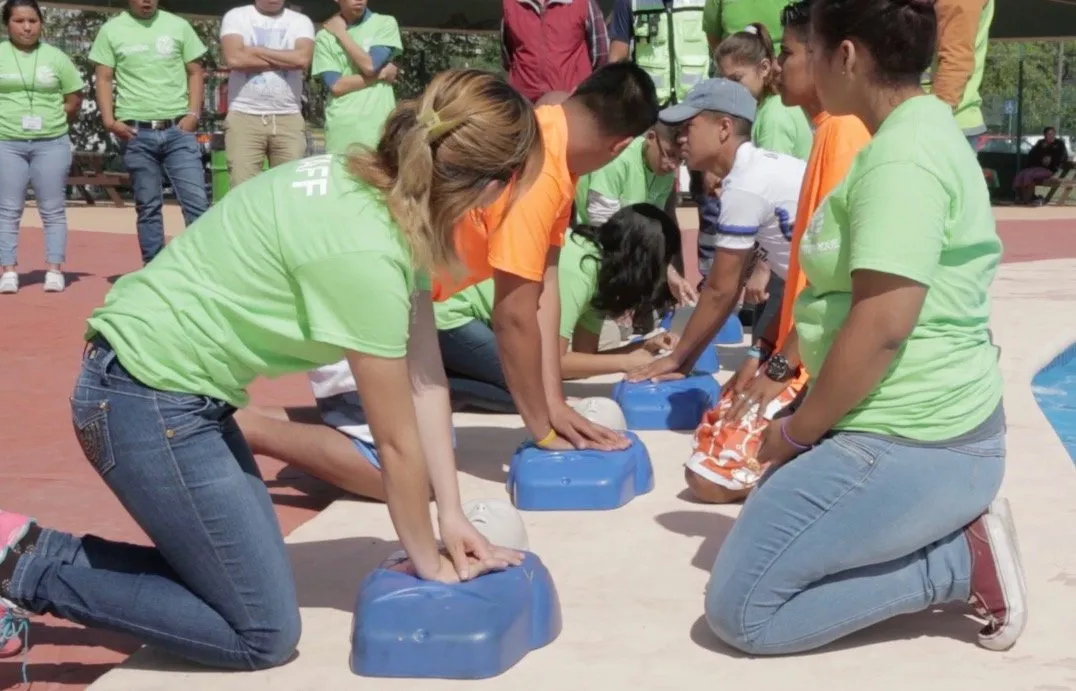

6. Activities and schedules.
The camp's website should include the activities that the children will perform during their stay. Many times - more and more, because parents are very aware and require a lot of information before deciding which camps our children go to - they include the standard schedule of each day: what time they will get up, training activities, games, sports activities, hours of meals and breaks ... everything. Ask the child when he is already there and demand that what they declare on their website be fulfilled.
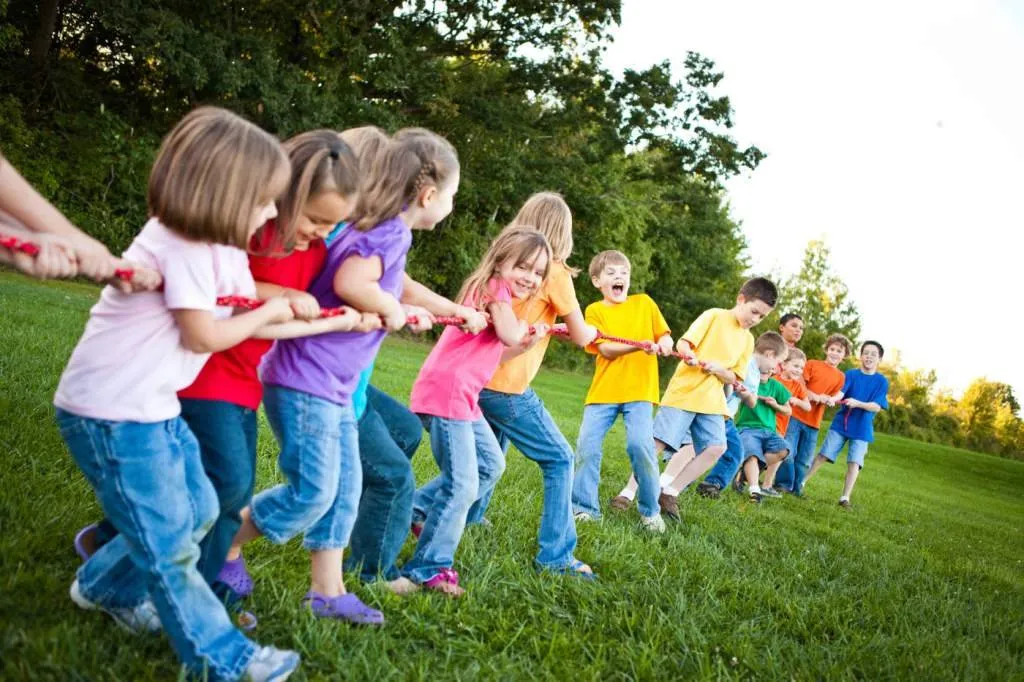

7. Communication.
In some camps they allow parents to call whenever they want, even every day. You can find others that, if they are more than two weeks old, even organize a parent's day. Experts often say that it is better for children - especially younger ones - not to talk to their parents every day, because then they never get over the temporary separation of a camp. Whatever the communication regime between parents and children that the camp has established, find out what it is and inform your son, so he knows what to expect.
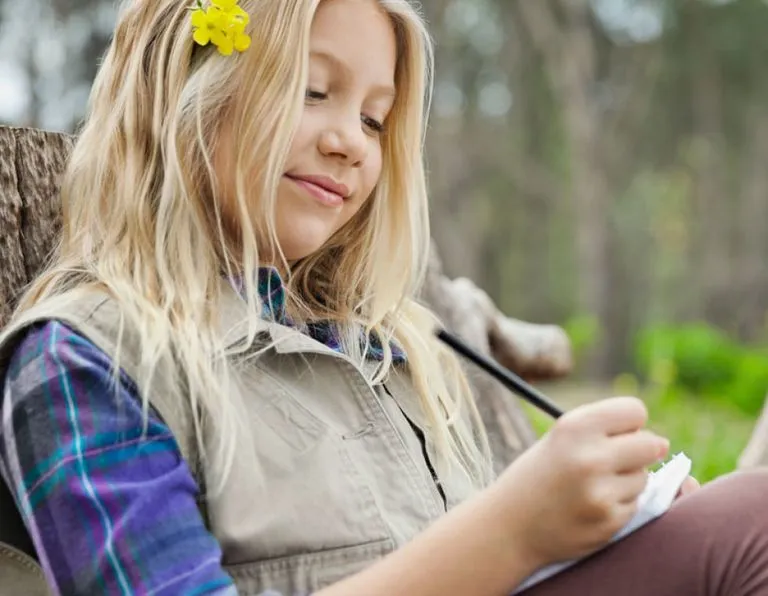

The decision to choose a good camp for our children is important for their safety, growth and learning in their lives. Once you have read these 7 points you will have to put them to the test and realize that to guarantee yourself and your children a happy future, you have to take into account even the smallest detail about where they will be away from you for a few days or weeks.
Never go over the happiness of your children, and think that the safest thing for your children would be not to let them go to any camp and expect them to be adults so they can experiment on their own. This could bring problems over the years, atrophy the social development of our children and taking valuable minutes of new incredible experiences.

I hope you have been useful this publication which I see very important to emphasize, since it is a subject capable of making any adult think. Greetings to @steemiteducation make a great job on the network, thanks for your contributions.
